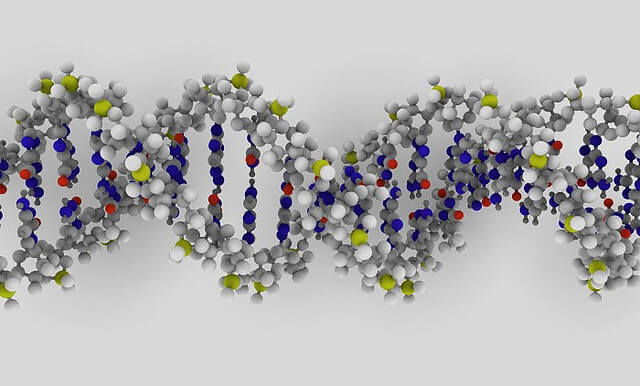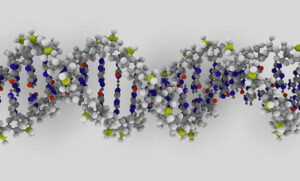
History and mission of Khavinson peptides foundation

Recently, a very important discovery in the field of biology and medicine has been made. It has been discovered that different vital resources of the human organism can be increased by 20 – 42% in respect to the experiment. This discovery occurred thanks to a new group of peptide signalling molecules. These peptides epigenetically regulate gene expression, protein synthesis and the functions of the organs. Peptides decrease tumour incidence and increase average lifespan in experimental animal studies. Administration of peptide preparations has also shown to normalize the main functions of the human organism, as well as decrease the aging pace and mortality .
During the period 1973 – 2014 professor V. Kh. Khavinson et al. extracted over 20 complexes of physiologically active peptides from various organs , as well as 17 others synthesized from amino acids, (di-, tri-, tetrapeptides), all being covered by patents in many countries including the USA, Canada, Australia, Europe, Japan, Korea, Israel, etc.
After several decades of experimental and clinical studies, six medicinal peptide preparations were approved for medical use by Ministry of Health (analogy of USA FDA) in the USSR, Russia, and afterwards in CIS countries. They were primarily used by the military medical service. These are:
Thymalin – a preparation of the thymus, being a immunity regulator;
Epithalamin – a preparation from the pineal gland – regulator of the endocrine functions;
Cortexin – a preparation from the cerebral cortex, brain function regulator;
Prostatilen – a preparation from the prostate gland, regulator of prostate function;
Retinalamin – a preparation from the retina, partially restores functions of the retina in case of degenerative diseases
Thymogen – a dipeptide (EW), being first extracted from ‘Thymalin’, then synthesized from amino acids, regulates immunity.
All came to be known as pharmaceuticals created on the basis of Khavinson peptides technology.
Scientific evidence based on 30 years of experience of the use of peptide drugs in neurology, therapy, ophthalmology and other medical disciplines show the high effectiveness of this group of pharmacopoeial drugs. Over the past 15 years, the active scientific work of researchers, physicians and pharmacologists of the Russian Federation and the CIS countries has contributed to further introduction of peptides into a daily practice of neurologists, ophthalmologists, surgeons, neurosurgeons, therapists and physicians from other fields.
Products and biotechnologies created due to their high efficacy are currently being used in industrial and military sectors as well as in space medicine. Peptide based medications were used in the complex treatment of people who suffered during earthquakes, accidents at nuclear submarines and in Chernobyl nuclear power plant accident. Further study of the effectiveness of these bioregulators on humans has clearly shown the ability of these drugs to increase the life resource of human body and to significantly reduce mortality among patients (over a 15 years long study period).
